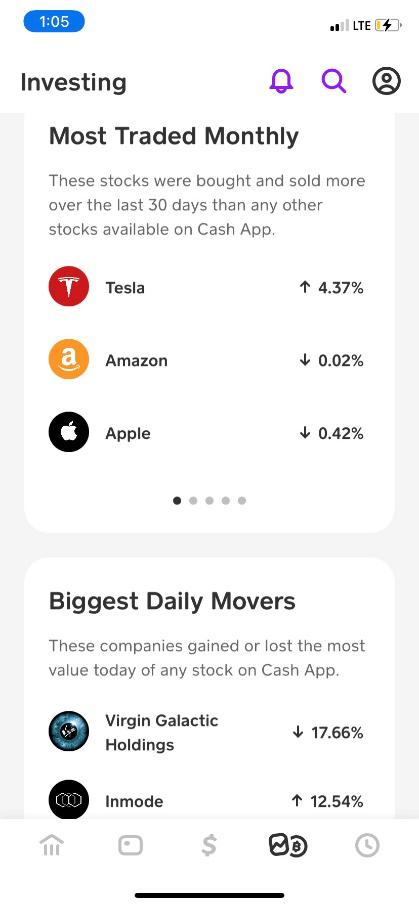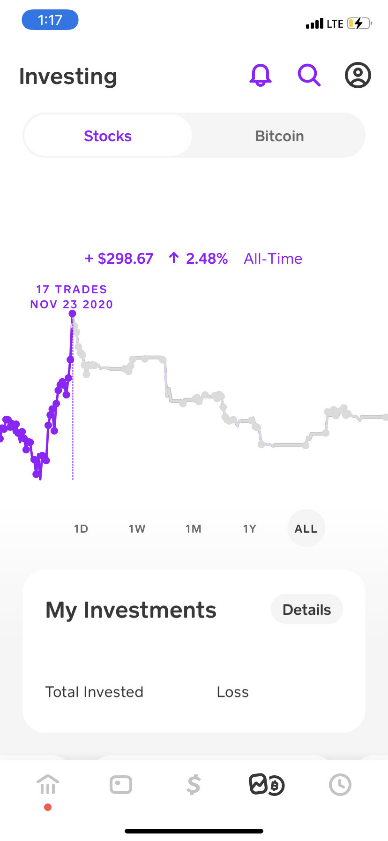Overview of Citibank, Sofi, and Cash App
Before opening your next investment account, take a look at Citi Self Invest, Cash App, and SoFi Invest.
Costs
Services
Assets and Accounts
For self-directed accounts, SoFi Invest offers stocks, options, ETFs, cryptocurrencies, and closed-end funds. Cash App has stocks, ETFs, and one cryptocurrency (bitcoin). Citibank doesn’t offer cryptos, but it does have mutual funds along with ETFs and stocks. None of these firms allow short selling.
At Citi and SoFi, brokerage accounts are just one part of the financial services they offer. They have robo-advisory accounts and the option to work with human advisors. Cash App does not have an advisory service.
SoFi Invest offers the most tax-advantaged accounts, including joint, individual, and IRA accounts.
All three firms provide banking services with perks like debit cards. Only Cash App includes a tax-filing service.
Winner: SoFi Invest
Websites
The Cash App website is simple, without charting or trading tools. It is mainly used for cash management, including fund transfers.

At SoFi Invest, trading is available with an order form that offers market and limit orders and a special option for recurring purchases. Options trading includes chains for calls and puts, with Greek values shown for each contract, though custom orders aren't possible.

The SoFi Invest section of the SoFi site has a watchlist and groups assets like cryptocurrencies, dividend stocks, and trending stocks. However, profiles are basic.
The Citi Self Invest site also has basic profiles with trading information like previous close and 52-week range, plus news articles from Reuters. For trading, it offers market, limit, stop, and stop-limit orders, but charts are very simple, with no tools and only 10 years of data. SoFi Invest has just 5 years of price history.

Like SoFi Invest, Citi Self Invest lacks a stock screener but does have a simple fund screener that allows searching by fund type (mutual or ETF) and category.
Winner: Tie between SoFi Invest and Citi Self Invest
Mobile Apps
Although Cash App lags in the website category, it excels for mobile users. The app includes charts (though basic) and order entry with three trade types: market, recurring, and custom (similar to a stop order). Profiles include brief information like analyst opinions and earnings histories.

The SoFi Invest app offers the same order types as the website. Options trading is also available, with the same chains seen on the website, though some Greek values are missing. You can tap on a contract to trade it.

Citi Self Invest’s app lacks a stock screener but has collections of securities grouped into categories, like technology. Charting, order entry, and asset profiles are the same as on the website.

Winner: SoFi Invest
Margin Service
Out of these three firms, only SoFi offers margin trading. The company charges a flat interest rate, so any balance will have an annual cost of 11.25%. SoFi Invest’s software shows initial and maintenance margin requirements for long positions on entered ticker symbols, which is a helpful feature. A $2,000 minimum account balance is required to upgrade to a margin account.
Winner: SoFi Invest
Additional Services
Fully-paid securities lending program: Only at SoFi Invest.
DRIP service: Both Citi Self Invest and SoFi Invest offer automatic dividend reinvesting.
Extended hours: SoFi Invest is the only one to offer pre-market and after-hours trading.
Fractional shares: Available at all three firms.
Initial Public Offerings: SoFi Invest has a strong IPO service with no account requirements.
IRA service: SoFi Invest offers three types of IRAs: Roth, Traditional, and SEP.
Periodic mutual fund investing: Citi Self Invest allows systematic mutual fund purchases.
Winner: SoFi Invest
Our Recommendations
Long-term investors & retirement savers: SoFi Invest is the best choice due to its wide range of personal finance resources, including insurance products.
Beginners: An automated account with Citi or SoFi, both of which offer human financial advisors for additional help.
Mutual funds: Citi Self Invest is the only option here.
Active stock trading: SoFi Invest.
Small accounts: None of these firms have a minimum balance for brokerage accounts. For robo accounts, Citi Wealth Builder requires $5,000, while SoFi Invest has a $1 minimum.
Citi vs Cash App vs Sofi Summary
While Cash App has the best name recognition and Citi Self Invest is backed by a major global company, SoFi Invest stands out as the winner here.
Updated on 8/23/2024.
|